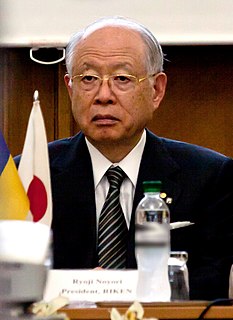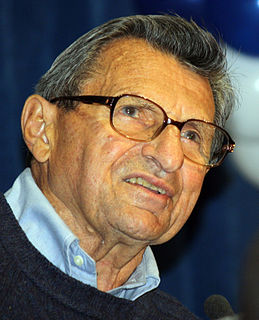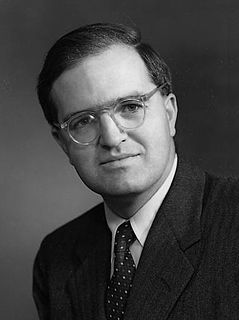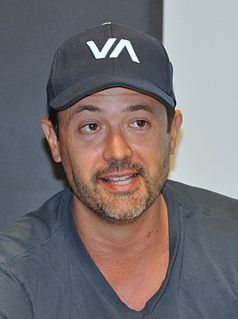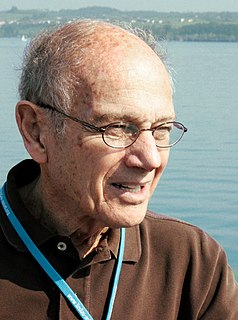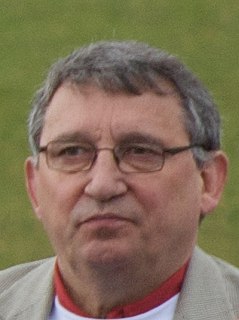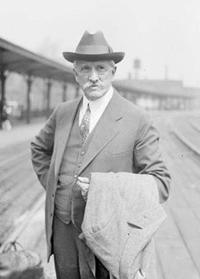A Quote by Malcolm X
Essien Udom is a Nigerian. At present he's a professor at Ibadan University.
Quote Topics
Related Quotes
My father was a university professor and his thing was tenure. Any time I hear a university professor say tenure, I hear the word dinosaur. You're not supposed to be getting tenure. You're supposed to be figuring out how you can teach more students at a better price and more effectively. That's your job.
When I was at the University of California at Berkeley, I went to some classes that must have had more than four hundred students in them. I almost always sat in the far back of the auditorium so I could read the newspaper. I remember that I stayed late one day to ask the professor a question, and when I got up to him, all I could think to myself was, 'So this is what the professor looks like.
At first I wanted to go to university, but I really didn't dare to. I was too self-conscious, being a working-class kid. It was really difficult. I was going to study history, but the professor asked me some questions I didn't understand, and I didn't dare to ask what they meant. I left university and went to work in the Post.
In the field of Egyptian mathematics Professor Karpinski of the University of Michigan has long insisted that surviving mathematical papyri clearly demonstrate the Egyptians' scientific interest in pure mathematics for its own sake. I have now no doubt that Professor Karpinski is right, for the evidence of interest in pure science, as such, is perfectly conclusive in the Edwin Smith Surgical Papyrus.



